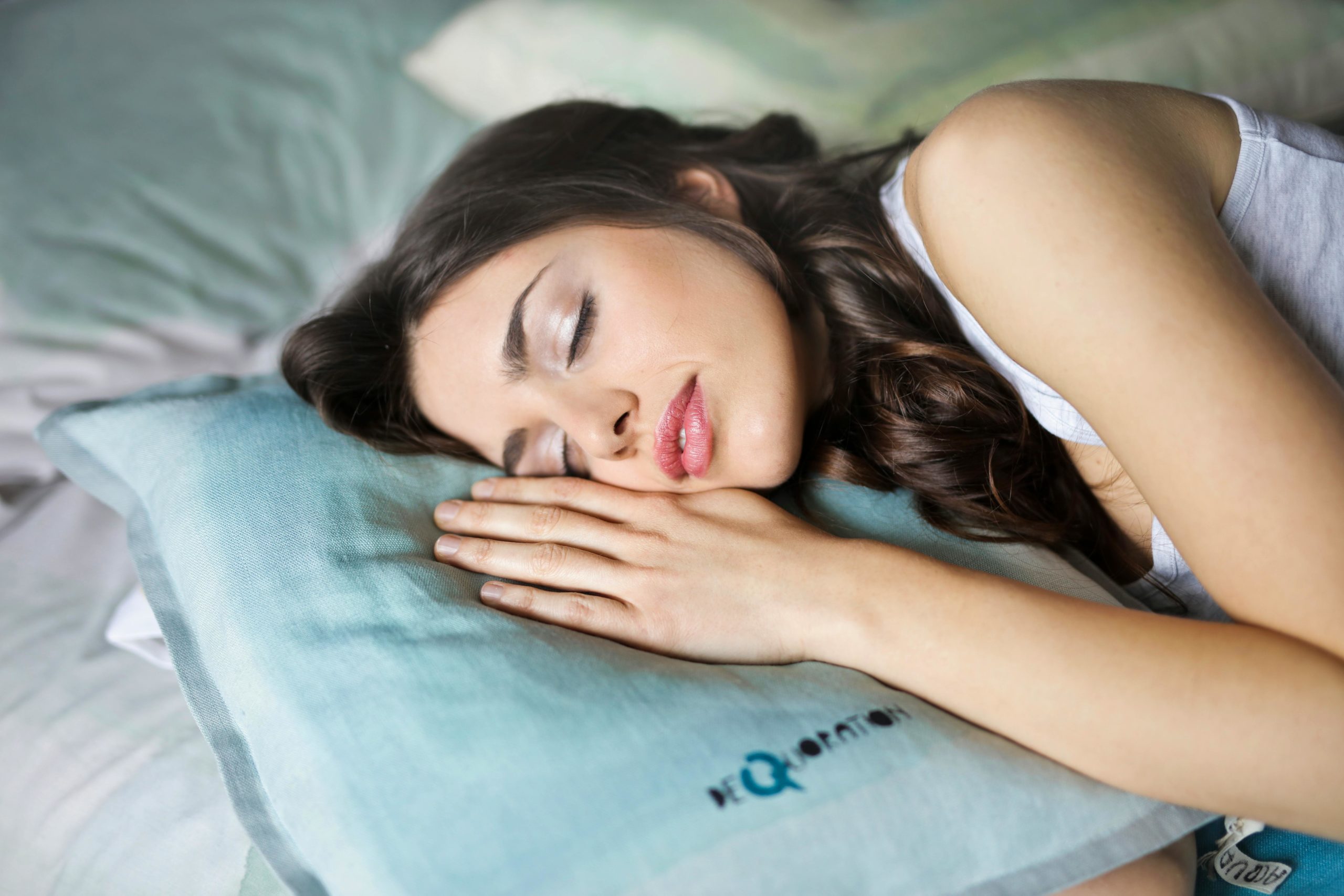In a world filled with busy schedules, constant distractions, and endless to-do lists, getting a good night’s sleep often takes a backseat. However, the importance of quality sleep cannot be overstated, especially when it comes to our overall health and well-being.
Beyond just feeling refreshed and energized, adequate sleep plays a crucial role in maintaining healthy skin, bright eyes, and a radiant complexion.
In this comprehensive guide, we’ll delve into the science of beauty sleep, exploring how sleep impacts our physical appearance and sharing practical tips for achieving a restorative night’s rest.
The Science of Beauty Sleep
The term “beauty sleep” isn’t just a catchy phrase—it’s backed by scientific evidence. During sleep, our bodies undergo a myriad of essential processes that contribute to overall health and well-being, including skin repair, regeneration, and rejuvenation.
While we slumber, our bodies produce collagen, a protein responsible for maintaining skin elasticity and firmness. Additionally, sleep is when our skin cells undergo turnover, shedding old cells and generating new ones. This process helps to promote a smoother, more youthful complexion.
Furthermore, sleep plays a crucial role in regulating cortisol levels, the stress hormone that can wreak havoc on our skin when levels are elevated. Chronic sleep deprivation can lead to increased cortisol production, which can contribute to inflammation, breakouts, and accelerated aging.
Tips for a Restorative Night’s Sleep
Achieving beauty sleep isn’t just about logging hours in bed—it’s about creating the ideal sleep environment and adopting healthy sleep habits. Here are some practical tips for improving the quality of your sleep and maximizing its rejuvenating effects on your skin and overall appearance:
- Establish a Consistent Sleep Schedule: Aim to go to bed and wake up at the same time every day, even on weekends. Consistency helps regulate your body’s internal clock, making it easier to fall asleep and wake up naturally.
- Create a Relaxing Bedtime Routine: Wind down before bed with calming activities such as reading, taking a warm bath, or practicing relaxation techniques like deep breathing or meditation. Avoid stimulating activities, such as watching TV or scrolling through your phone, as these can interfere with your ability to fall asleep.
- Optimize Your Sleep Environment: Create a comfortable and inviting sleep environment by investing in a supportive mattress, cozy bedding, and blackout curtains to block out light and noise. Keep your bedroom cool, quiet, and dark to promote deeper, more restful sleep.
- Limit Screen Time Before Bed: The blue light emitted by electronic devices can disrupt your body’s natural sleep-wake cycle, making it harder to fall asleep. Avoid using screens at least an hour before bedtime, and consider using blue light-blocking glasses or installing apps that filter out blue light on your devices.
- Watch Your Diet and Hydration: Avoid heavy meals, caffeine, and alcohol close to bedtime, as these can interfere with your ability to fall asleep and stay asleep. Instead, opt for light, nutritious snacks and hydrate throughout the day to support optimal sleep quality.
The Impact of Sleep on Skin Health
Beyond just feeling refreshed and rejuvenated, getting enough sleep can have a profound impact on the health and appearance of your skin. Adequate sleep helps to regulate hydration levels, prevent moisture loss, and promote optimal skin barrier function. This means fewer dry patches, flakiness, and irritation, and a smoother, more supple complexion.
Moreover, sleep deprivation can lead to increased inflammation and oxidative stress, both of which are major contributors to skin aging. When we skimp on sleep, our bodies produce more free radicals, and unstable molecules that can damage collagen and elastin fibers, leading to wrinkles, fine lines, and sagging skin.
FAQs
Q1: How much sleep do I need for optimal beauty sleep?
The recommended amount of sleep for adults is typically 7-9 hours per night. However, individual sleep needs can vary based on factors such as age, lifestyle, and overall health. Listen to your body and aim for the amount of sleep that leaves you feeling refreshed and energized.
Q2: Can napping during the day make up for lost sleep at night?
While short naps can provide a quick energy boost, they are not a substitute for a full night’s sleep. Napping too long or too late in the day can interfere with your ability to fall asleep at night and disrupt your sleep cycle. Aim to nap for no more than 20-30 minutes earlier in the day if needed.
Q3: Are there specific skincare products that can enhance the benefits of beauty sleep?
There are many skincare products formulated specifically for nighttime use, such as overnight masks, serums, and moisturizers. Look for products containing ingredients like retinol, hyaluronic acid, and peptides, which can help promote skin repair and rejuvenation while you sleep.
Q4: How can I improve the quality of my sleep if I suffer from insomnia or sleep disturbances?
If you struggle with insomnia or sleep disturbances, it’s essential to address any underlying issues that may be contributing to your sleep problems. Practice good sleep hygiene, consider relaxation techniques or cognitive-behavioral therapy for insomnia (CBT-I), and consult with a healthcare professional for personalized guidance and treatment options.
Q5: Can exercise help improve the quality of my sleep?
Regular exercise can have a positive impact on sleep quality, helping you fall asleep faster and enjoy deeper, more restorative sleep. Aim for at least 30 minutes of moderate-intensity exercise most days of the week, but avoid vigorous exercise close to bedtime, as it can be stimulating and interfere with sleep.



